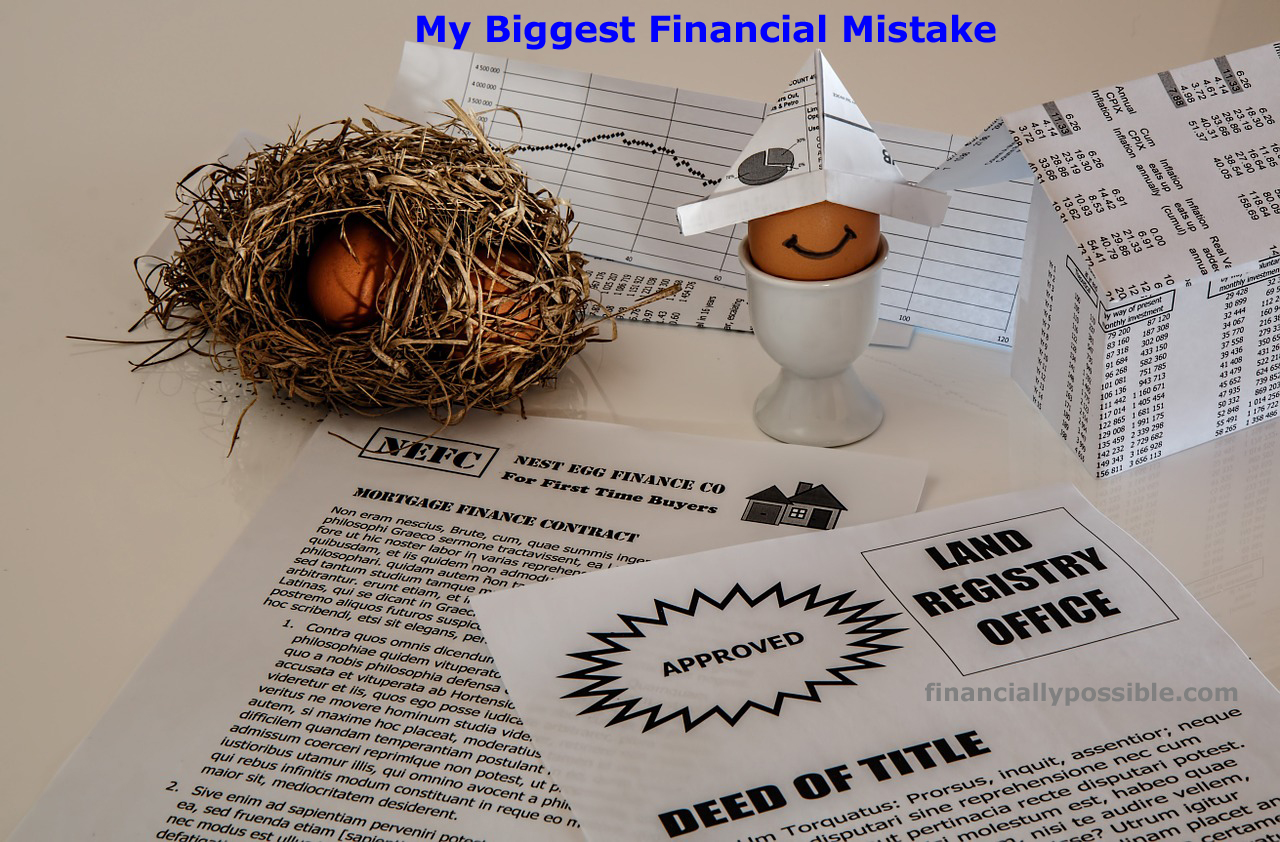
Is Debt Inherently Evil? (I once thought so)
I have a very strong aversion to debt. At times in my life, I would have even said that I hate debt. For me, “hate” is a very strong word. When I was 12 years old, the real estate agent who represented my dad showed me an amortization table for a mortgage. It was a 30-year note on a $100,000 house, yet, the total amount in payments over the lifespan of the mortgage was three times the actual price of a house (assuming no extra principal payments)! This real estate agent also enjoyed testing me with SAT style math questions and enticed me with a $10 reward per question when I solved them within his time limit. To his surprise, he had to pay out.
As I was pouring over the amortization table, I naively thought to myself: Why should anyone have to pay $300,000 for a house that costs $100,000? I didn’t think the lender deserved such a large sum of interest payment. Of course, I didn’t understand the concept of time value of money at the time, yet, I don’t recall asking the agent or my dad for an answer. In hindsight, that naive question is one every prospective homeowner should ask him/herself prior to making such a long-term financial commitment. Fast forward to my junior year in high school, I learned about the origins of the word, mortgage, which means death pledge or death contract (mortality and mortuary are two other words with a common root). Immediately, I had a flashback of my 12-year-old self being disgusted by that amortization table.
That was a very vivid memory that I carried into my early adulthood and affected many of my financial decisions. For instance, I always made credit card payments in full and on time and I didn’t have student loans. When it was time to purchase a house in year 2002, I made plans to aggressively pay off the mortgage (I put 10% down payment on a $140,000 house). By the time I sold the house almost five years later, the remaining balance on my mortgage was $20,000. In this sense, my dislike of debt put me on a very solid foundation heading into adulthood. However, it took me almost a decade later to realize that my aversion of debt led me to make the biggest financial mistake in my life thus far.
Making Extra Principal Payments
As I was aggressively paying off my mortgage, I also had the option to contribute to a 401k plan through my employer. During the whole time I was paying off the mortgage, I contributed six percent of my salary to the account (that amount was just enough to maximize the employer match). It was a passive act that didn’t require much thinking or effort on my part. I was busy using my financial fiery dragon swords to vanquish those evil dragons called mortgages. I thought I was doing great though as I continued seeing my net worth going up. I also felt great that whole time, because I slashed so much mortgage interest.
Hindsight
It was not until year 2007 that I first maximized my pre-tax contribution. Then, it took me another four years to realize that I could have done so much better with that money I put into extra principal payments. Over the course of those five years I learned so much more about personal finance, investments and the stock market.
Back in year 2002, I had the money to max my 401k and Roth IRA and still had plenty left over to make some extra principal payments. The U.S. stock markets were trading at depressed prices in years 2002, 2003 and 2004. In hindsight, I missed a really big opportunity. How big? It pains me to even attempt to calculate the number. I’d have to first remember what the interest rate was on my loan, take average stock prices for the missed years, compute the difference between the contribution limit and what I actually contributed in those years, and some other factors. It would be an extremely messy computation and not worth the time.
Suffice it to say, I’m certain that amount is probably in the tens of thousands of dollars and possibly as much as one hundred thousand — and that number will only continue to grow decade by decade because it represents lost shares of stocks or index funds that I could be holding. Economists have a term to explain my situation. It is opportunity cost. In my context, the opportunity cost was what I could have done with my extra principal payments instead. Computer scientists like to call this very same concept trade-offs.
I try not to beat myself up over this mistake as I realized there is little purpose or value in doing so. I’m currently leveraging my feelings of pain and regret to coach others and guide them to make better, more informed financial decisions. Look for more on the topic of advice in part II coming later this week.
How do you feel about your past financial decisions regarding housing?
Which early childhood experiences affected your views on home ownership and how?

Oh my gosh, I truly believe that aggressively paying down my mortgage has been my biggest financial mistake as well. Solidarity! My original mortgage balance was just over 2x yours and I paid off the first half of it in 2.5 years. You’re going to love my post next Monday! I did at least not make quite as grave of a mistake as you because I maxed out my pre-tax 401(k) and my Roth IRA all through this time.
Good to hear that you still maxed your tax advantaged accounts, so you had far less opportunity cost than me I suspect. Though you did have a bigger balance to work with (slightly later in time I’m guessing). Sounds to me like you didn’t buy in any of the super expensive markets like the California coast, New York, or Hawaii. I’ll be certain to look for your post next Monday!
That sucks. Oh well, you live and learn. I have been tempted more than once to throw some extra money at our mortgage. There is something visceral about the need to not be in debt. Luckily thus far logic has prevailed.
Yeah, it’s good that you’ve avoided doing so. I think many in the FIRE community have paid down their mortgages aggressively. I agree with you that there is something visceral about avoiding debt. Some people can benefit from paying down mortgages more quickly though — those who don’t have a desire to find better places to invest their money and who do not itemize on their taxes.